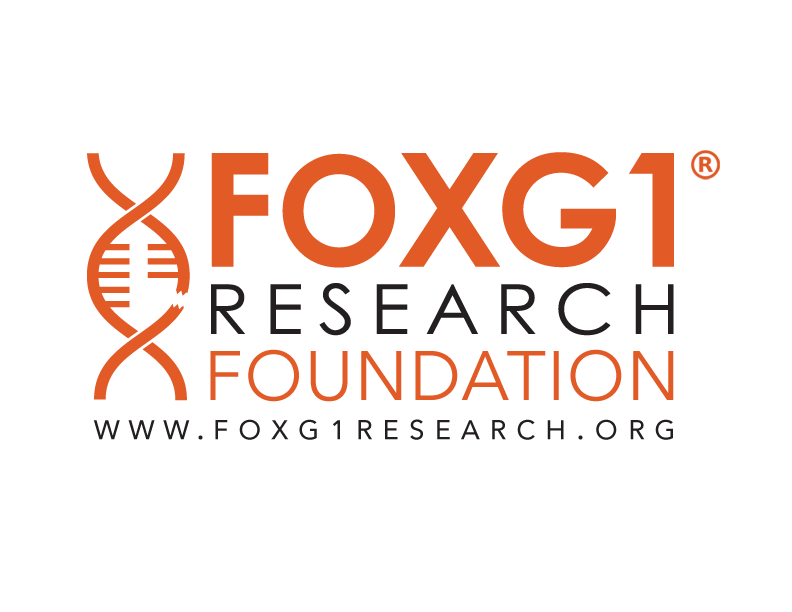Rare As One Partner

FOXG1 Research Foundation
FOXG1 syndrome is a rare neurodevelopmental disorder caused by a mutation in the FOXG1 gene, which is one of the first and most critical genes in brain development. Most children with FOXG1 syndrome are severely physically and cognitively disabled and also have epilepsy.
In the age of exponential advances in genetic science, the founders of the FOXG1 Research Foundation, Nasha Fitter and Nicole Johnson, knew that to truly help their children live a healthy life, they would have to create a strategic foundation and run it like a business.
This meant innovation—disrupting the models that did not work and pioneering new methods to advance drug development. This meant collaboration—connecting to the global community of FOXG1 parents, launching affiliate chapters worldwide, and developing a consortium of the leading scientists to work together. This meant expertise—becoming the leading experts on the neurobiology of FOXG1, deeply understanding its mechanisms and role in the genome to find the most successful therapies. This meant organization—mapping the path to a cure and gathering the assets and data needed along this path.
The goal of the FOXG1 Research Foundation is to find a cure for every child in the world with FOXG1 syndrome while developing a precision medicine platform to find treatments to help every child specifically for their clinical needs. The FOXG1 Research Foundation has developed and characterized a suite of models (animal and cellular) to represent the gamut of all mutation types and is testing FDA-approved drugs, small molecules, antisense therapies, gene therapies, RNA targeting therapeutics, and more on these models.
The Chan Zuckerberg Initiative supports the the FOXG1 Research Foundation’s development of an innovative new digital natural history study using machine learning. The study is designed to break down the barriers to participation and accessibility in the current natural history study model, and also aims to accelerate rare disease drug development.






